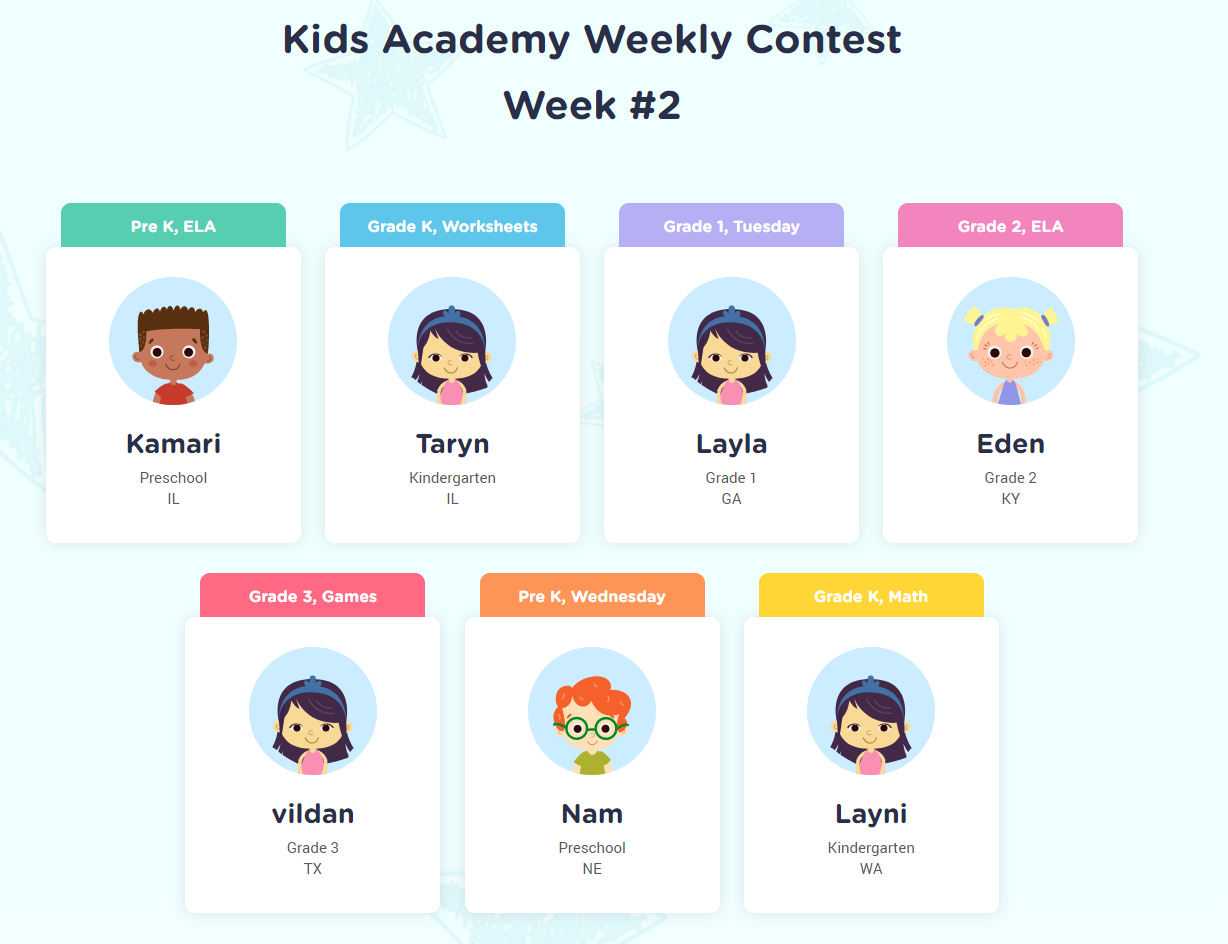Historical Knowledge Science Worksheets for Ages 7-8
5 filtered results
-
From - To
Discover our engaging Historical Knowledge Science Worksheets designed for children aged 7-8! These interactive resources help young learners explore the fascinating world of history and science, cultivating curiosity about key figures, events, and innovations that shaped our past. Each worksheet encourages critical thinking, creativity, and comprehension with age-appropriate activities, including timelines, matching games, and fun quizzes. Perfect for both classroom and home use, our worksheets align with educational standards to support your child's learning journey. Spark an interest in history and science while reinforcing important skills. Download our printable worksheets today and inspire young minds to explore the wonders of our world!
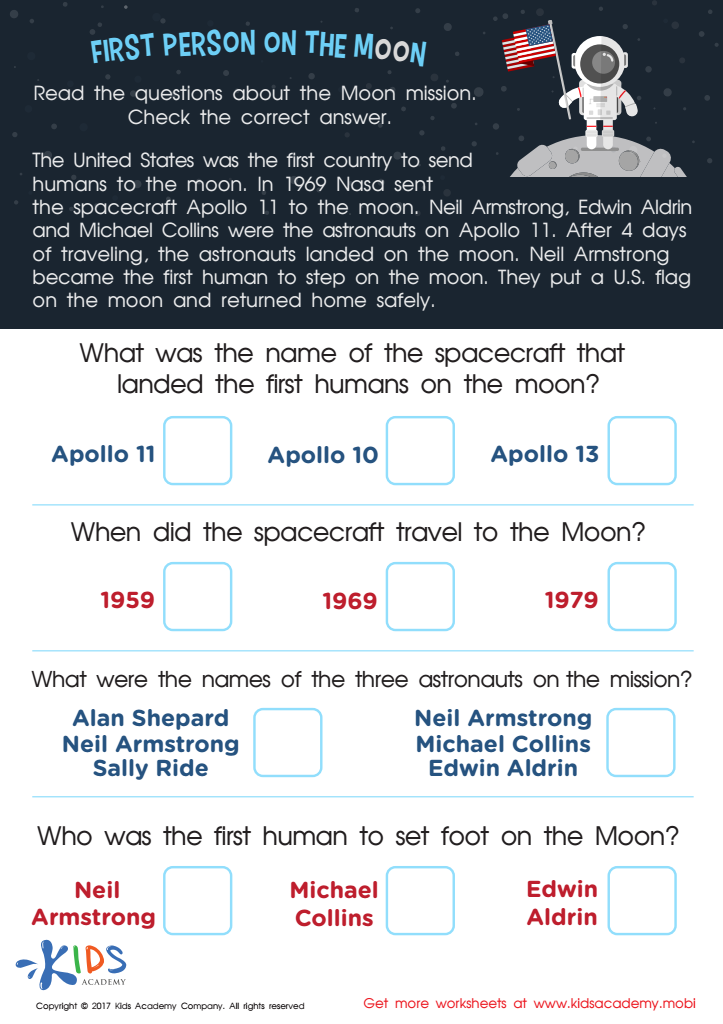

First Person on the Moon Worksheet
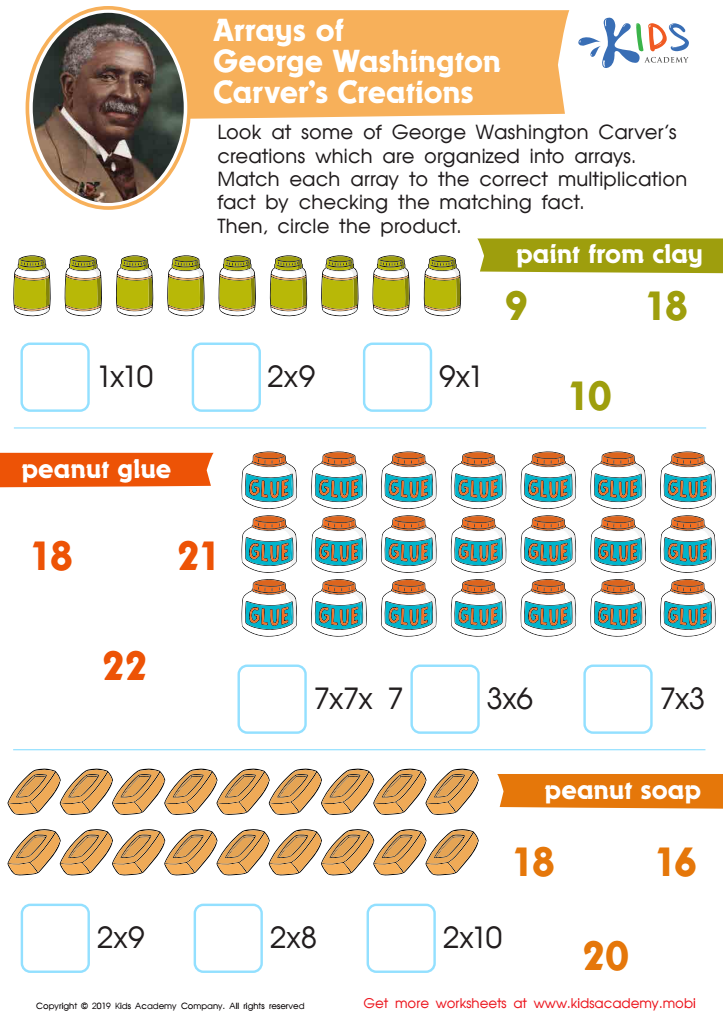

Arrays of George Washington Carver’s Creations Worksheet
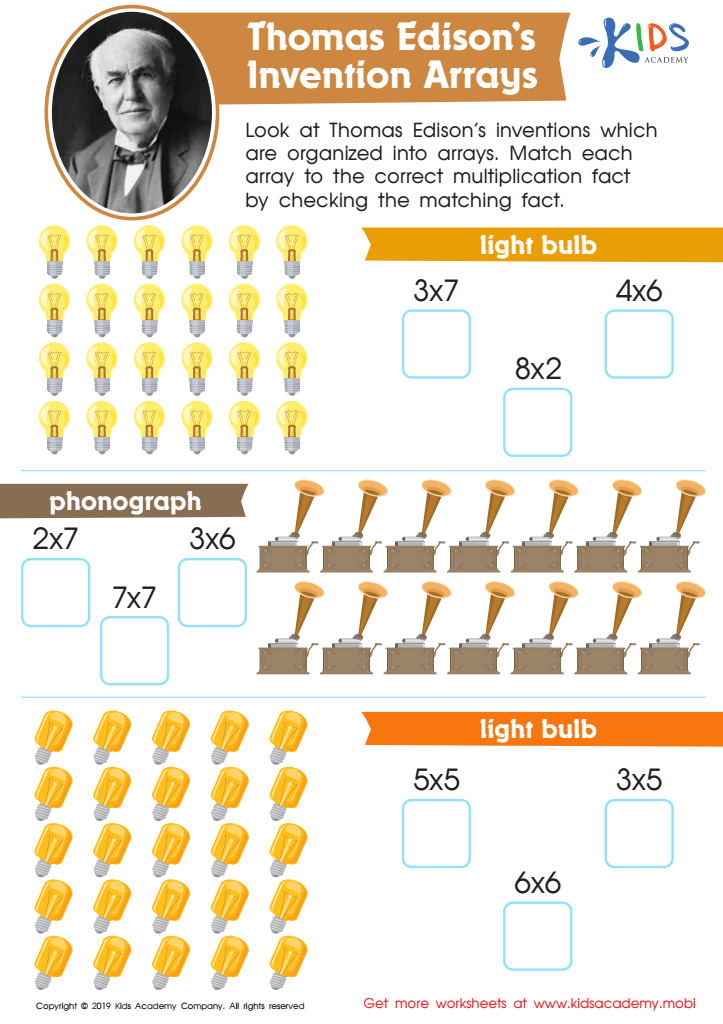

Thomas Edison’s Invention Arrays Worksheet
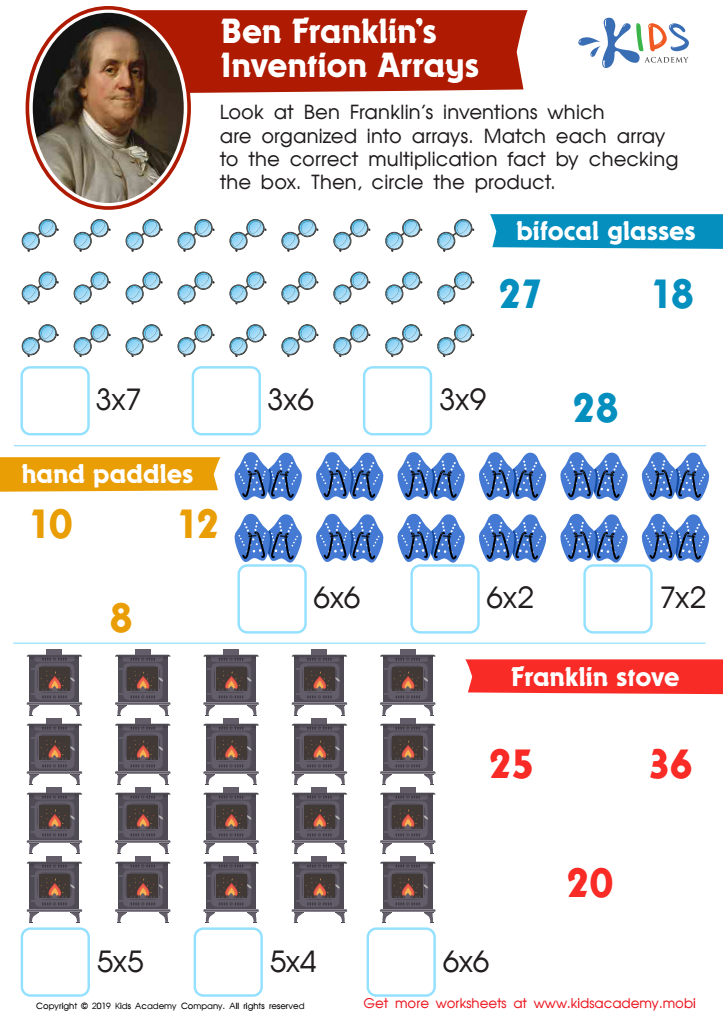

Ben Franklin’s Invention Arrays Worksheet
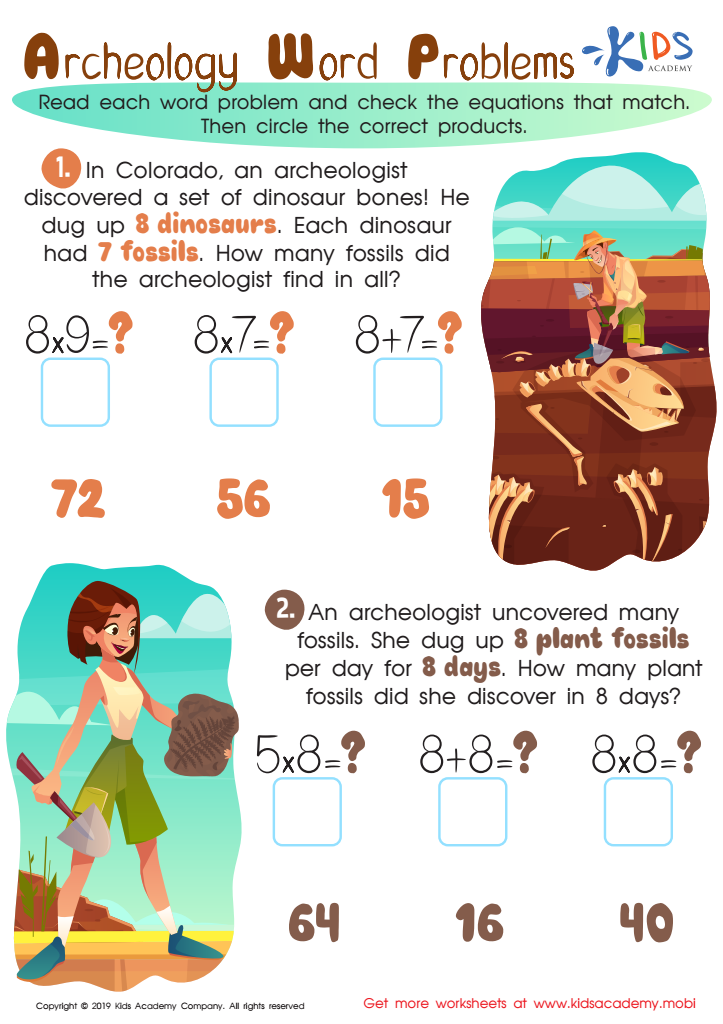

Archeology Word Problems Worksheet
Historical Knowledge Science for Ages 7-8 provides foundational skills for young learners to understand the world around them. At this age, children begin to form their identities, and a grasp of historical events, figures, and concepts nurtures their sense of self and community. Parents and teachers should care because early exposure to history fosters critical thinking and enhances cognitive development.
Understanding history is not just about memorizing dates; it involves connecting past events to present realities. Through storytelling and interactive lessons, children learn empathy by understanding diverse perspectives and the impact of historical actions, enriching their emotional intelligence. This body of knowledge helps children recognize patterns and make informed decisions in their own lives, empowering them as responsible citizens.
Moreover, integrating historical knowledge with science encourages interdisciplinary learning where students can explore how scientific discoveries have shaped societies. By making these connections, children can better appreciate the influence of history on modern scientific pursuits, stimulating curiosity and inspiring potential future scientists.
Ultimately, nurturing historical knowledge at a young age provides children with the tools they need to engage thoughtfully with the world around them, promotes cultural literacy, and instills a sense of belonging and heritage that enriches their educational journey.

 Assign to My Students
Assign to My Students







